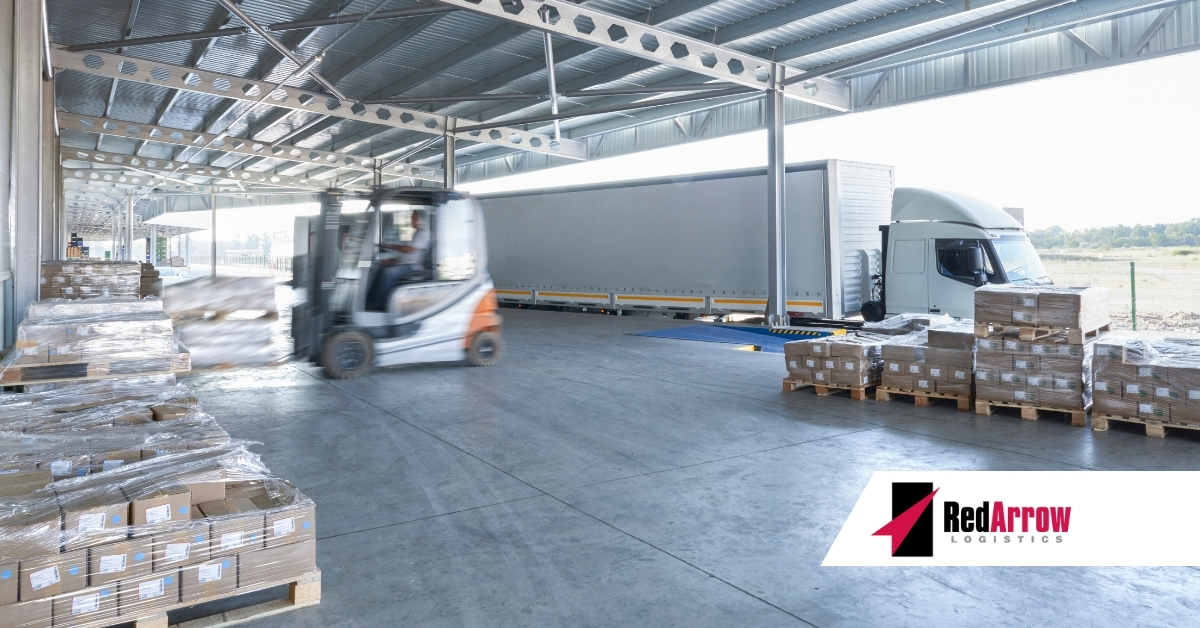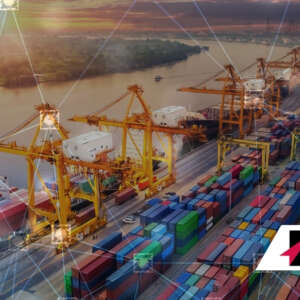The current capacity constraints and high shipping costs mean that companies are looking for alternatives for some of their shipments. LTL, or Less-Than-Truckload Shipping, has been around since the 1980s, but an increasing number of companies are realizing the many benefits it offers.
What is Less-Than-Truckload Shipping?
Less-Than-Truckload (LTL) is a method of transportation for freight that weighs between 500 and 10,000 pounds. This shipping option is ideal for shipments that fall between those sent by a parcel service and full truckload (TL), which requires a more substantial amount of freight to be shipped. Usually, a company will use the entire truck, however, this is not a cost-effective shipping solution for companies who need to ship smaller amounts.
A carrier can transport enough LTL shipments that make up a full truck and it is still considered less than a truckload, or the shipment can only take up a third of the truck’s full capacity. Shippers that optimize shipments and use LTL have several cost savings opportunities. By consolidating shipments with other cargo from other companies, it is a more convenient shipping mode, and the shipper only pays for the portion of the truck they occupy.
Benefits of LTL Shipping
There are many benefits of LTL, especially for companies that have smaller freight shipments that cannot fill a truck.
Cost-Effective: The number one advantage to using LTL shipping is that it costs significantly less than a full truckload for the same lane. Shipping goods in smaller loads with other companies’ goods reduces transportation costs and the shipper only pays for the part of the truck they are using. Rates are usually more favorable than parcel carriers. An individual company might not be able to fill an entire trailer, however, smaller loads from multiple companies reduce the fuel and number of trucks needed to carry the load. In order to qualify for LTL, the load must be less than 10,000 pounds and smaller than 11 feet of trailer space.
Greater Flexibility: If there is not enough volume for a whole truckload, multiple stop truckloads offer an alternative, however orders, distances, and receivers must all be in order to avoid scheduling and delay issues. However, consolidation to LTL can be utilized for multiple loads of smaller shipments. Pool consolidation involves the carrier picking up multiple shipments from several locations and bring them to a central distribution area for customer loading or pickup. Transportation management systems can identify pool distribution options to optimize cost savings.
Environmentally Friendly: Climate change is a pressing issue in the transportation industry and how to make the industry more green is in the forefront of industry leaders’ minds. LTL is more environmentally friendly than other modes of transportation because it reduces the amount of fuel and vehicles needed by combining shipments. Carriers can use the best routes to save time and fuel. Environmental costs can also be reduced by using one single truck rather than multiple ones. It is estimated that using LTL transportation can reduce greenhouse gas emissions by 40%.
Great Network Accessibility: There are more shipping options available as compared to full truckload. LTL shipping gives access to national and regional carrier networks which means faster delivery, increased efficiency, and cost reductions. Since carriers have a larger network, capacity will be available when needed.
E-commerce Friendly: As e-commerce demand grows, retailers have had a difficult time shipping orders. Logistics providers who do not offer LTL as an option will not be able to keep up with consumer demand. Businesses that cannot offer next-day shipping and free returns will not be considered competitive. The cost of freight forces online retailers to consider their shipping strategies closely.
Customization: LTL shipping options can be customized to meet shippers’ needs. Service options like liftgate, inside pickup or delivery, volume pricing, and additional service can all be discussed with the carrier. For shipments that have certain requirements, there are more services available with LTL shipping.
Many businesses use LTL shipping because it is more cost-effective, flexible, and environmentally conscious. It provides companies with options for smaller freight shipments. A reliable logistics partner like Red Arrow Logistics can help businesses scale effectively while saving money.
Your Trusted Partner
At Red Arrow Logistics, we provide expertise and white glove customer service with fast-growing, complex, and high-value supply chains. As the next-generation model of logistics companies, we offer tailored transportation and logistics solutions — from single shipments to complex over-dimensional and international orders.
Red Arrow offers the scale and scope of services including air, ocean, and ground transportation to meet the budget and schedule requirements of the largest and smallest companies alike. If we can be of assistance, please email us at info@redarrowlogistics.com or give us a call at 425-747-7914.





